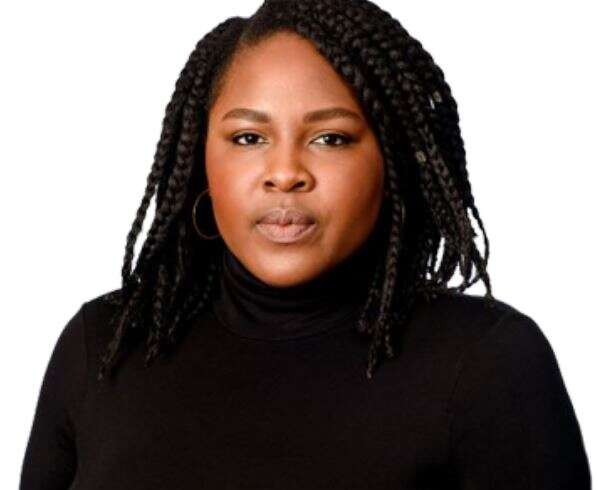
In the latest of a series of Press Gazette articles looking at diversity and the media, Barbara Blake Hannah Award winner Kuba Shand-Baptise reflects on the Press Gazette survey which last week identified widespread concerns about racism in the UK media.
As editors are forced to consider the role they are playing in perpetuating racism in the industry, I can’t help but agonise over how much more pressure will be put on the few journalists of colour the industry has in the first place as a result.
Not because ousting racism isn’t a worthy effort – in fact, among other benefits, diverse newsrooms lead to better coverage – but because like so many other sections of society, the burden of fixing the issue is often placed on those who are victims of it.
Having been supported by and helping others myself, I know that many journalists of colour across the UK, regardless of seniority, know too well what it means to be tasked with solving not only company-wide issues with racism, but industry-wide issues too.
The sting of the at times well-meaning question: “well, what should we do to fix the problem?” after months or even years of virtually ignoring that very problem, will be incredibly familiar to many of us.
With no other means of seeing change, we often have no choice but to toil to answer that question ourselves, researching effective workplace policy, suggesting areas that newsrooms might improve on.
But given how long this issue has plagued the industry, I’d argue that many editors already know what to do. The problem isn’t a lack of suggestions, or even tried and tested solutions.
One of the biggest issues is deep-set cronyism and nepotism in the journalism industry – and an even wider reluctance to even acknowledge that it exists.
When senior editors preside over discriminatory work environments and remain in place for years or decades on end, how likely is it that things will change?
When these same editors continue to hire other senior employees not just in their likeness but also with similar viewpoints, how easy is it then to drum up a robust and effective workplace policy around inclusion and diversity? Not very.
Hoping to solve the problem by bringing in journalists of colour through internships, graduate schemes and entry-level roles isn’t much more helpful either. In the face of endemic issues like these, power matters an awful lot, power that junior employees of colour usually don’t have.
Pair that with poor diversity, racism and knowledge of the long, deep personal histories senior employees share and the challenge of speaking up becomes that much more intimidating.
Though many journalists of colour have put themselves up to the task of doing as much as they can to help (myself included) the reason little progress is often made is because of that distinct lack of power.
The fear that many of us face in terms of being blacklisted, or labelled as “difficult” as a result of speaking up is also too often overlooked.
At this point, I believe editors in newsrooms across the UK already know what’s needed to create change.
Resources like the Press Gazette’s survey on racism and bigotry in the media, and the open letter by hundreds of journalists in response to the Society of Editors’ initial claim paint worrying but accurate pictures of the various challenges that come with working in the journalism industry as people of colour.
Instead of waiting around for more surveys, statements and reports in five years’ time, those who have the most agency at these publications – editors, CEOs, board members – need to take stock of their role in keeping this issue alive.
As far as I’m concerned, editors who say they want change will make it happen. Those who want to avoid criticism, however, will just continue to rely on knee-jerk hiring, while positioning their pals to do the same when the next scandal hits the fan.
Kuba Shand-Baptiste is society and arts editor of The Conversation and was the first winner of the Barbara Blake Hannah Award, given by Press Gazette to the most promising up and coming non-white journalist entering the British Journalism Awards.
Email pged@pressgazette.co.uk to point out mistakes, provide story tips or send in a letter for publication on our "Letters Page" blog
